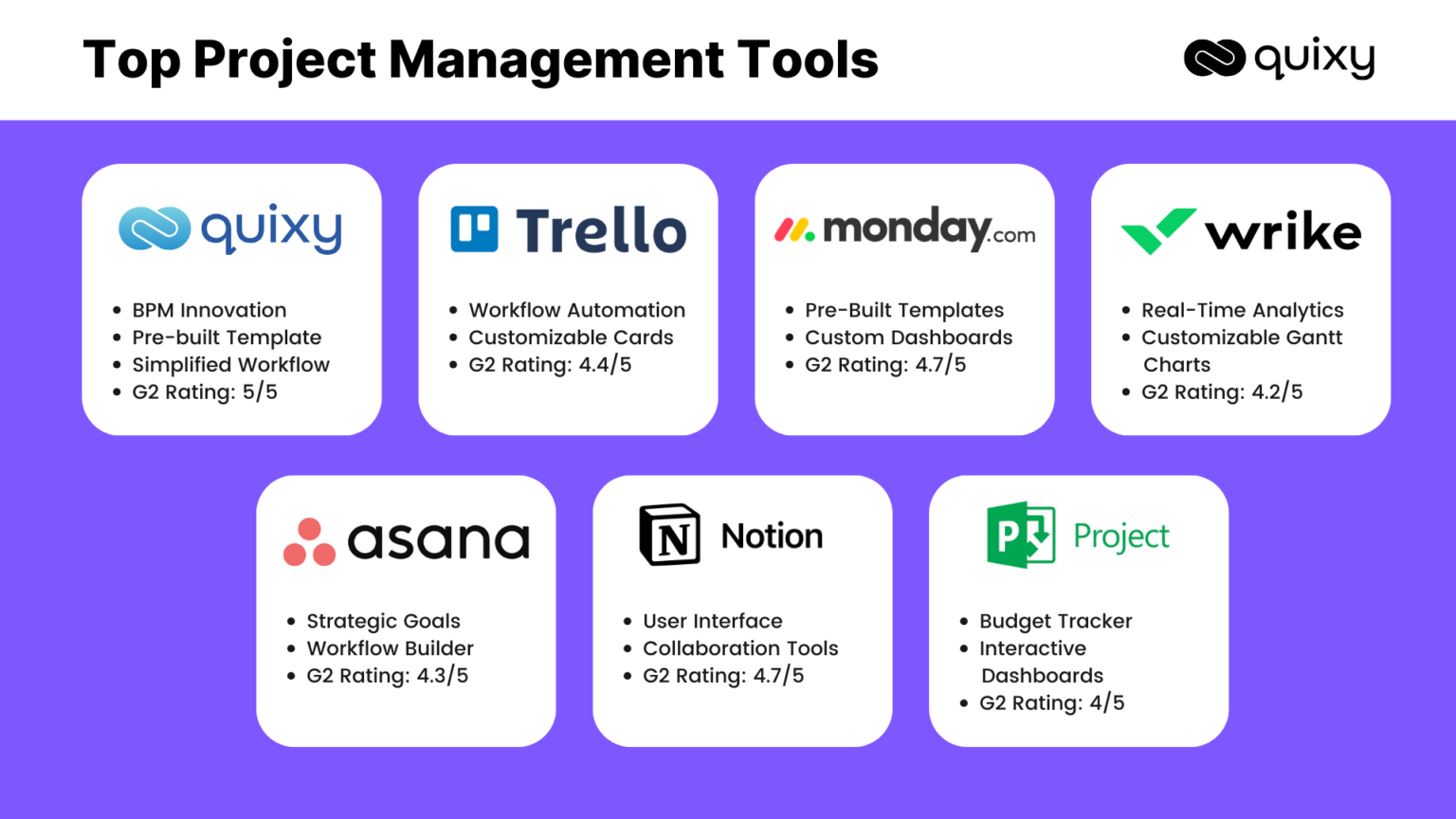As we step into 2024, the landscape of project management continues to evolve, with open-source tools leading the charge in providing flexible and cost-effective solutions. In this article, we will explore the Top 3 Open-source Tools For Project Management In 2024, highlighting their unique features and benefits. Whether you are a small startup or a large enterprise, these tools can help you enhance collaboration, improve productivity, and streamline your workflow.
Throughout this article, you will learn about the standout features of each tool, including user-friendly interfaces, customizable workflows, and robust integration capabilities. We will delve into how these open-source solutions can cater to diverse project management needs, from agile methodologies to traditional project tracking. Additionally, we will discuss the community support and resources available for each tool, ensuring you have everything you need to get started.
By the end of this article, you will have a comprehensive understanding of the top open-source project management tools available in 2024, empowering you to make informed decisions for your team. So, if you’re ready to elevate your project management game and discover innovative solutions that can transform your workflow, keep reading to find out which tools made our top three list!
As organizations increasingly seek cost-effective and flexible solutions for project management, open-source tools have gained significant traction. In 2024, several open-source project management tools stand out for their features, community support, and adaptability. This article explores the top three tools, providing insights into their functionalities and benefits.
Overview of Open-source Project Management Tools
Open-source project management tools are software solutions that allow users to manage projects collaboratively while providing the freedom to modify the source code. These tools are often free to use, making them an attractive option for startups and small businesses. The flexibility of open-source software enables teams to customize features according to their specific needs, enhancing productivity and efficiency.
In 2024, the demand for such tools continues to rise as organizations prioritize transparency and collaboration. Open-source tools not only reduce costs but also foster a sense of community among users who contribute to the software’s development and improvement. This collaborative environment often leads to rapid innovation and the introduction of new features that cater to evolving project management needs.
Top Features to Look for in Project Management Tools
When selecting an open-source project management tool, certain features are essential for effective project execution. Key functionalities include task management, time tracking, collaboration tools, and reporting capabilities. A robust task management system allows teams to assign, prioritize, and track tasks efficiently, ensuring that deadlines are met.
Additionally, time tracking features help teams monitor the time spent on various tasks, providing insights into productivity and resource allocation. Collaboration tools, such as discussion boards and file sharing, facilitate communication among team members, while reporting capabilities enable project managers to analyze progress and make informed decisions. In 2024, tools that integrate these features seamlessly will be highly sought after.
Comparison of the Top 3 Open-source Tools
In 2024, three open-source project management tools stand out: ProjectLibre, OpenProject, and Taiga. Each tool offers unique features tailored to different project management needs. ProjectLibre is known for its user-friendly interface and Gantt chart capabilities, making it ideal for traditional project management methodologies.
OpenProject excels in collaborative features, providing a comprehensive platform for teams to work together on complex projects. Taiga, on the other hand, is designed for agile project management, offering features like sprint planning and backlog management. The choice among these tools depends on the specific requirements of the project and the team’s preferred management style.
Community Support and Documentation
One of the significant advantages of open-source tools is the community support that accompanies them. A strong community can provide valuable resources, including documentation, forums, and user-contributed plugins. In 2024, tools like OpenProject and Taiga have established vibrant communities that actively contribute to the software’s development and offer assistance to new users.
Comprehensive documentation is crucial for users to understand the tool’s functionalities and troubleshoot issues. A well-documented tool can significantly reduce the learning curve, allowing teams to adopt the software more quickly. Community-driven support ensures that users can find solutions to common problems and share best practices, enhancing the overall user experience.
Integration with Other Tools
In today’s digital landscape, the ability to integrate project management tools with other software is essential for streamlined workflows. In 2024, the top open-source project management tools offer various integration options with popular applications such as Slack, GitHub, and Google Drive. These integrations enable teams to centralize their work processes, reducing the need to switch between multiple platforms.
For instance, integrating a project management tool with a communication platform like Slack can enhance team collaboration by allowing real-time updates and discussions. Similarly, linking with version control systems like GitHub can streamline the development process for software projects. As organizations continue to adopt a multi-tool approach, the importance of integration capabilities will only grow.
Future Trends in Open-source Project Management
The future of open-source project management tools looks promising, with several trends expected to shape their development in 2024 and beyond. One significant trend is the increasing adoption of artificial intelligence (AI) and machine learning (
| Tool Name | Description | Key Features | Best For |
|---|---|---|---|
| 1. OpenProject | OpenProject is a powerful project management software that supports the entire project lifecycle. |
|
Teams looking for a comprehensive project management solution. |
| 2. Redmine | Redmine is a flexible project management web application that includes support for multiple projects. |
|
Development teams needing issue tracking and project management. |
| 3. Taiga | Taiga is an open-source project management tool that is particularly suited for agile development. |
|
Agile teams looking for a user-friendly interface. |



